Polyfluoroalkyl Substances (PFAS) Analyses
What are PFAS? | Why are PFAS dangerous? | What are the PFAS testing services offered?
Polyfluoroalkyl Substances (PFAS)
Polyfluoroalkyl Substances (PFAS)—also known as Perfluorinated Compounds (PFCs)—are a diverse group of manufactured compounds frequently used as surfactants in industrial, consumer, military, and firefighting applications across the United States, such as Aqueous Film Forming Foam (AFFF) firefighting products, textiles, carpeting, metal plating, paper food packaging, cleaning products, coating additives, and pesticides.
Health Concerns Related to PFAS
PFAS compounds exhibit distinctive chemical characteristics that make them stable in the environment and resistant to degradation, allowing them to bioaccumulate in soil, sediment, groundwater, and animal tissue over time. Two types of PFAS are particularly persistent: Perfluorooctanesulfonic acid (PFOS) and Perfluorooctanoic acid (PFOA). PFOS and PFOA are fully fluorinated organic compounds which happen to be the most commonly produced PFAS in the U.S.
Regulatory Action Underway
PFAS has made State and National news due to its pervasiveness and adverse effects on the environment and public health. For this reason, both the U.S. EPA and California State Water Resources Quality Control Board (State Board, SWRQCB) have announced PFAS action plans. The State Board's Division of Drinking Water (DDW) has completed Phase 1 and 2 of the phased investigation approach to PFAS and has now issued Phase 3 order letters to drinking water agencies. In 2019 California passed legislation requiring those public water systems to report confirmed detections in their annual consumer confidence report and take immediate action should the contaminants exceed set response levels.
The State Board’s Division of Water Quality (DWQ) has also issued orders requiring quarterly monitoring at Publicly Owned Treatment Works (POTW). Beginning in the 4th quarter of 2020, POTWs will be conducting PFAS sampling of treatment plant influents, effluents, RO concentrates, biosolids, and monitoring wells to evaluate the potential impact of PFAS on the POTW and the environment.
Babcock Laboratorie's State Certifications Capabilities
Below is a table of Babcock’s state certifications capabilities.
PFAS Testing Expertise
EPA METHOD 537.1, 533, and the DoD QSM 5.1(or later) REQUIRED FOR NON-POTABLE SOURCES
Babcock Laboratories’ vast scope of testing services includes the analysis of PFAS. We are CA ELAP accredited to perform testing for all 18 target analytes for EPA Method 537.1 and have worked with the USEPA to develop and validate EPA Method 533 for shorter chain PFAS.
In 2019, Babcock Labs was approved by the Department of Defense (DoD) and CA ELAP for the analysis of non-potable liquids via SPE and LC/MS/MS to meet the DoD QSM 5.1 Table B15 data quality requirements. The DoD QSM is currently the only approved procedure in California deemed appropriate to non-potable matrices, such as POTW influents and effluents, landfill leachates, condensates, and groundwater. We can test for all 31 PFAS compounds required under the Board Orders, as well as the 11 additional PFAS compounds listed as optional, to meet your specific requirements.
Our clients include the U.S. EPA, public and private water systems, and engineering consulting firms. Due to the diversity of our clients, we have experience providing a wide variety of electronic and hardcopy data deliverables, as well as sampling services. Learn about PFAS sampling services performed by our in-house team of qualified field technicians.
Babcock Labs stays abreast of the rapidly changing PFAS landscape and continuously reinvests in staff, instrumentation, and our state-of-the art facilities to ensure that we offer our clients reliable lab capacity and the best data quality available.
Drinking Water Agencies
Updates and resources from the State Board concerning drinking water agencies:
EPA Approved Lab
Since the inception of the EPA’s UCMR program, Babcock Laboratories has consistently received EPA laboratory approval for each round (1, 2, and 3), including the most recent round, UCMR 4. We have over 15 years of experience analyzing contaminants of emerging concern—including PFAS—under contract with the EPA and for large water systems.
Non-Potable Water and Solids
Updates and resources from the State Board concerning POTWs, landfills and airports:
LC/MS/MS Expertise
Babcock Laboratories is recognized as a leader in the industry, and that recognition includes over 15 years of LC/MS/MS analyses expertise, the leading technology for determination of PFAS. We have received industry commendation for our innovative and extensive LC/MS/MS research and method development. Our current capability allows us to detect PFAS at low nanogram-per-liter levels in water.
Over 100 Years of Excellence
For over 115 years, Babcock Labs has demonstrated a commitment to data integrity and high ethical standards. In addition to the rigorous Quality Control procedures conducted as part of the testing process, data integrity at Babcock Labs also involves a review of the pertinent regulatory limits and client historical data for early identification of data anomalies.
Do you have questions about PFAS testing services?
Contact us at today at 951-653-3351 or PFAS@babcocklabs.com.






